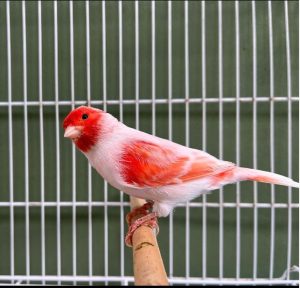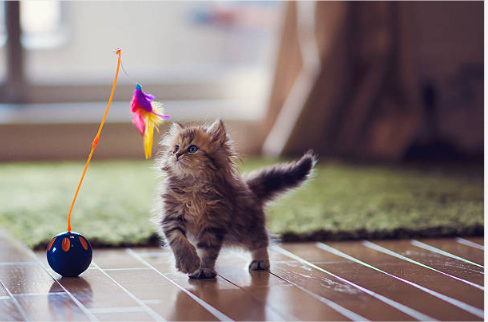Boredom in Pet Birds and How to Prevent It
Birds are intelligent and social creatures, needing plenty of mental and physical stimulation to stay happy and healthy. Unfortunately, many pet birds become bored, which can lead to a variety of problems, including:
- Feather plucking
- Stereotypical behaviors, such as pacing or rocking
- Aggression
- Depression
- Self-mutilation
If you notice any of these signs in your bird, it is essential to address the boredom.
How to tell if your bird is bored
There are a few signs that can indicate that your bird is bored:
- Lack of interest in toys
- Sleeping more than usual
- Sitting on the bottom of the cage
- Biting or feather plucking
- Screaming or excessive noise
If your bird is exhibiting any of these signs, providing them with more mental and physical stimulation is essential.

How to prevent boredom in pet birds
Here are some tips on how to avoid boredom in pet birds:
- Provide a variety of toys. Birds need a variety of toys to keep them occupied. Look for toys that are made of safe materials and that are appropriate for your bird’s size and beak strength. You can also make bird toys using simple materials like cardboard, paper, and string.
- Rotate your bird’s toys. Birds can get bored with the same toys after a while. Rotate your bird’s toys every few days to keep them interested. You can also try hiding toys in the cage for your bird to find.
- Spend time with your bird. Birds are social creatures and need to spend time with their owners. Talk to your birds, pet them, and play with them. You can also train your bird tricks or teach them to do simple tasks.
- Give your bird opportunities to forage. Birds love to forage for food. You can provide your bird with foraging opportunities by hiding food in their cage or giving them toys that dispense food. You can also plant a bird-friendly garden in your yard.
- Let your bird out of their cage. Birds need to be able to stretch their wings and fly. Let your bird out of their cage for several hours each day. You can supervise your birds while they are out of their cage or train them to fly back to their cell when called.
Additional tips
Here are some other tips on how to prevent boredom in pet birds:
- Provide your bird with a large cage. Birds need a large cage so that they can move around and exercise. The cell should be twice as long and wide as your bird’s wingspan.
- Place your bird’s cage in a high-traffic area. Birds like to be involved in what is going on around them. Place your bird’s cage in a high-traffic area of your home so that they can watch people and animals moving around.
- Give your bird a variety of perches. Birds need a variety of perches to sit on. Look for nests that are made of natural materials and that are of different sizes and shapes.
- Provide your bird with a variety of foods. Birds need a variety of foods to stay healthy. Feed your bird a high-quality pellet diet and supplement it with fresh fruits, vegetables, and nuts.
If you follow these tips and your bird is still bored, consider getting them a companion bird. Companion birds can provide each other with companionship and entertainment. However, it is essential to introduce companion birds slowly and carefully to avoid any aggression.
Talk to your veterinarian if you are concerned about your bird’s boredom. They can offer additional tips and advice on how to keep your bird mentally and physically stimulated.


